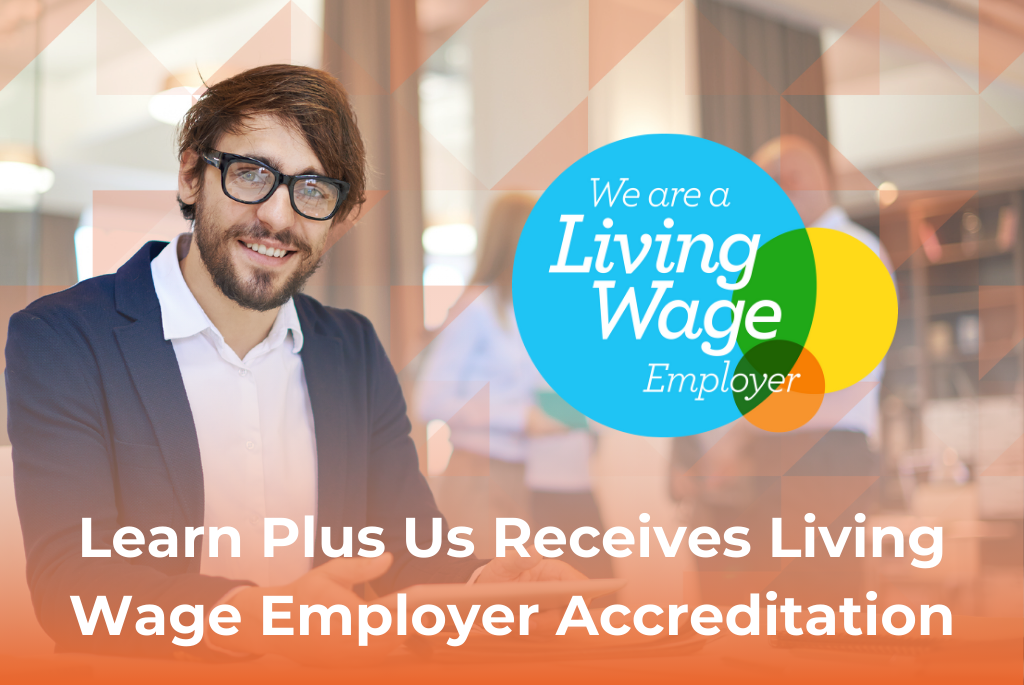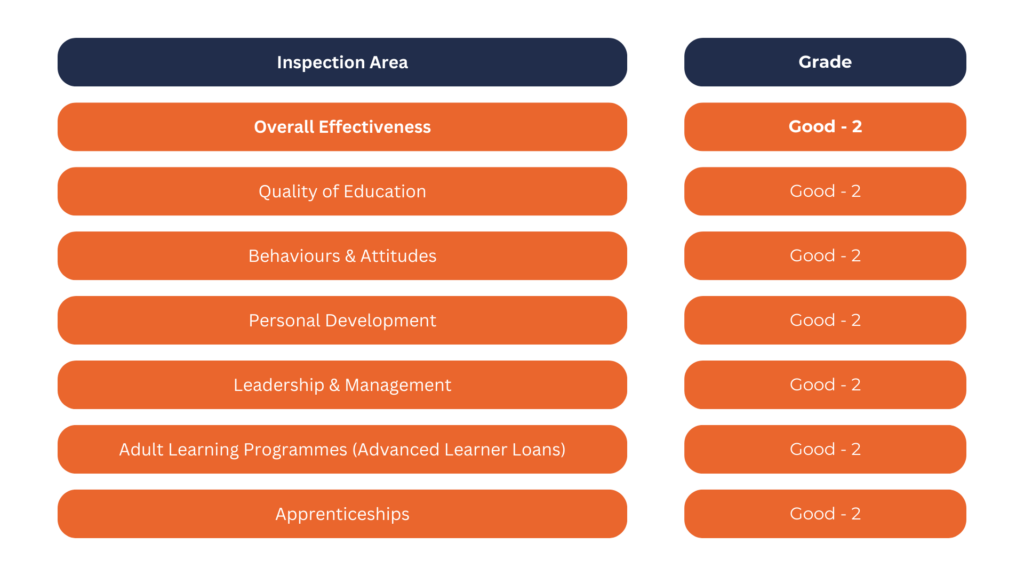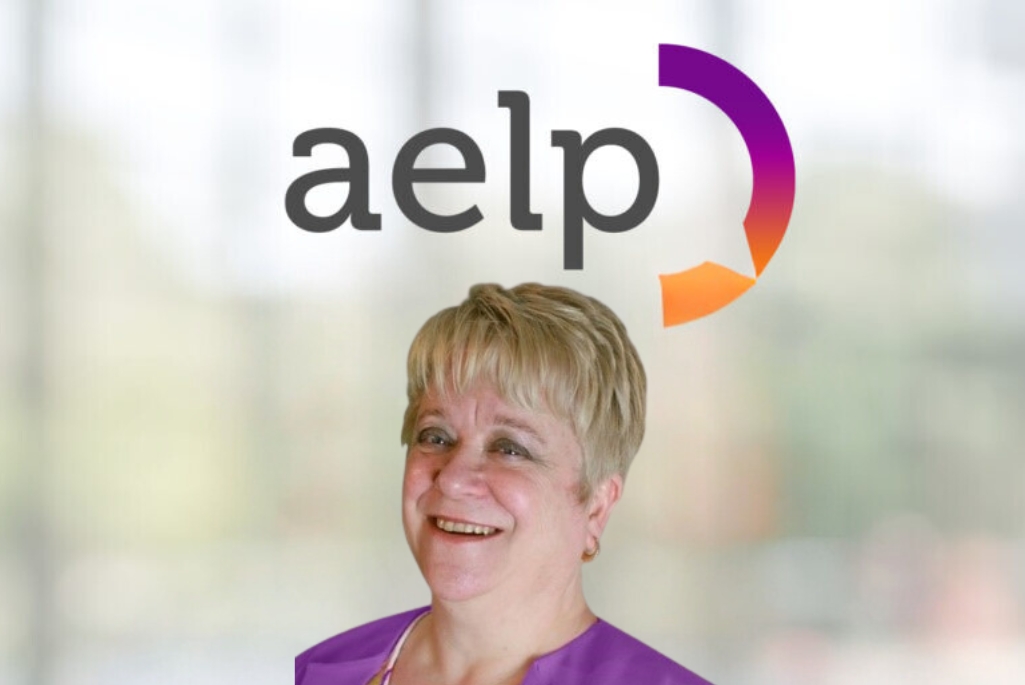- 12th March 2025
- Jack Wickenden
Finding Confidence Through Learning – Tatiana’s ESOL Journey
Tatiana, originally from Moldova, has lived in the UK since 2019. A trained cook in her home country, she had worked in warehouses and as a cleaner since moving to Northampton. However, when her last workplace closed in April 2024, she found herself unemployed. On top of this, serious health issues limited the type of work she could do.

Despite living in the UK for several years, Tatiana struggled with English. She had attempted to learn through online courses and language apps, but her lack of confidence and fluency made everyday tasks—like calling the GP—overwhelming. When she joined the Restart Scheme in October 2024, she needed a translator to communicate with her Jobs22 employment coach, Jessica, highlighting just how much of a barrier language was to her finding a job.
The right support at the right time
Determined to help Tatiana gain independence, Jessica guided her through job applications. She secured two interviews but was unsuccessful due to her English proficiency and lack of personal transport. Realising that language was the key challenge, Jessica referred her to Learn Plus Us for online ESOL (English for Speakers of Other Languages) classes, which was delivered as part of the Restart Scheme.
Tatiana initially felt discouraged. She compared herself to other learners and believed she was falling behind. However, with encouragement from her tutor, Laura, and additional one-to-one support, she started building her confidence. Laura insisted that Tatiana avoid relying on Romanian translations, helping her think directly in English. Tatiana embraced the challenge, attending nearly all her lessons, completing homework, and acting on feedback.

After just 10 weeks, Tatiana has made excellent progress. She passed her Entry 2 ESOL exams with excellent grades and, more importantly, gained the confidence to speak in English independently. She no longer needed a translator for her appointments and even started calling her GP on her own—a major personal achievement.
Jessica, her employment coach, was amazed at the change: “I was over the moon at my last appointment with her. We completed the whole session without a translator, and we even shared jokes! It was amazing to see her come this far.”
Tatiana has now moved on to Entry 3 ESOL and is motivated to continue improving her English. She is confident that once she completes this level, she will find a part-time job suited to her health needs.
Laura, Tatiana’s ESOL tutor, with Learn Plus Us also reflected on Tatiana’s progress: “We feel lucky to witness the journeys of learners like Tatiana. Every participant comes with a unique background and challenges, which can shape their motivation and learning style. It’s not always easy, but it’s incredibly rewarding. Helping Tatiana find ways that worked for her and boosted her confidence beyond just learning English has been a joy.”

Reflecting on her journey, Tatiana shared: “I never thought I would be able to speak English at 60! But now, I can call my GP, have conversations, and feel independent. It’s a great feeling.”
Tatiana’s story is proof that it’s never too late to learn. With hard work, and with the support of the Restart Scheme, and perseverance, she is opening doors to new opportunities and a brighter future.
















































